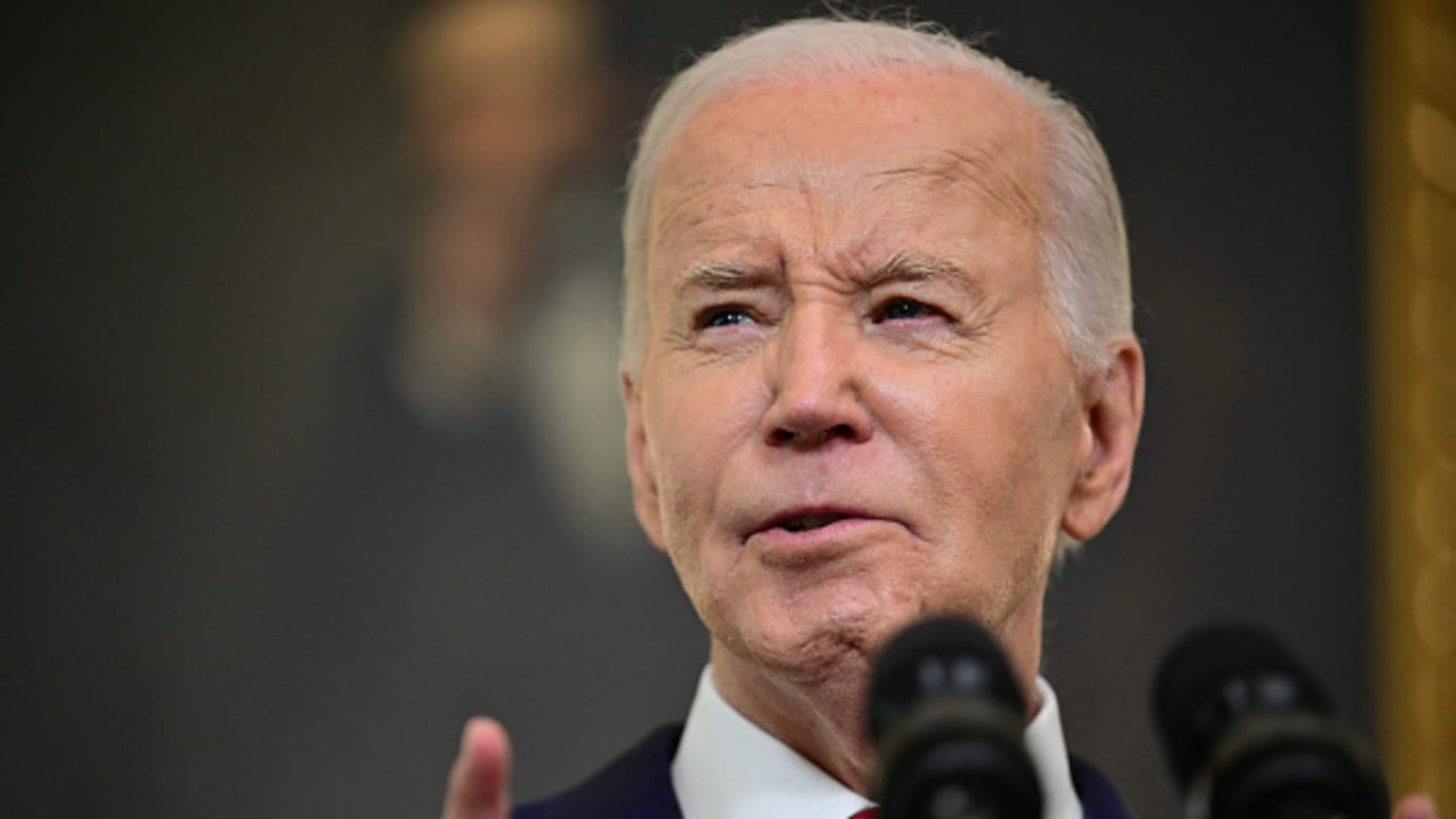President Joe Biden recently signed into law measures to provide aid to Israel, Ukraine, and Taiwan, as well as force the Chinese TikTok parent company ByteDance to sell the social media platform. This decision follows a six-month saga of tense political battles on Capitol Hill that led to a deadlock on foreign aid. Despite the challenges, Biden expressed satisfaction with the resolution, stating, “The path to my desk was a difficult path. It should have been easier and it should’ve gotten there sooner.” The law, which earmarks roughly $60 billion in aid for Ukraine, $26 billion for Israel, and $8 billion for security in Taiwan and the Indo-Pacific, received overwhelming bipartisan support in both the House and the Senate.
The House passed the proposal on Saturday, prompting Biden to signal his intention to sign the bill into law. The Senate followed suit with an overwhelmingly bipartisan 79-18 vote late Tuesday night, sending the bill to Biden’s desk for his signature. In addition to foreign aid, the measure also requires ByteDance to sell TikTok within nine months – or a year if Biden invokes a 90-day extension – or face a nationwide ban in the U.S. TikTok has already announced its intention to challenge the law, describing it as unconstitutional and a potential threat to millions of businesses and users in the U.S.
TikTok CEO Shou Zi Chew posted a video response to the enactment of the TikTok bill, expressing disappointment with the decision and affirming the company’s commitment to challenging the law in court. Despite their objections, the law has now been enacted, and ByteDance will have to comply with the requirements outlined in the bill. The decision to force ByteDance to sell TikTok is just one aspect of the broader aid package aimed at supporting countries like Ukraine, Israel, and Taiwan in the face of various geopolitical challenges.
While the passage of the bill marks a significant milestone, it also raises questions about the future of TikTok and its operations in the U.S. The company’s legal challenge to the law could have far-reaching implications for its business and users in the country. As tensions between the U.S. and China continue to simmer, the fate of TikTok – a popular social media platform owned by a Chinese company – has become a focal point for concerns about national security and data privacy.
Overall, President Biden’s decision to sign the aid package into law reflects a broader commitment to supporting key allies and addressing national security challenges. The aid earmarked for countries like Ukraine, Israel, and Taiwan underscores the importance of maintaining strong partnerships in a rapidly changing global landscape. While the TikTok provision may have sparked controversy, it is just one component of a larger effort to advance U.S. interests and security priorities in the Indo-Pacific region and beyond. As the Biden administration continues to navigate complex foreign policy issues, the signing of this bill represents a significant step towards fulfilling key objectives in the realm of national security and diplomacy.


